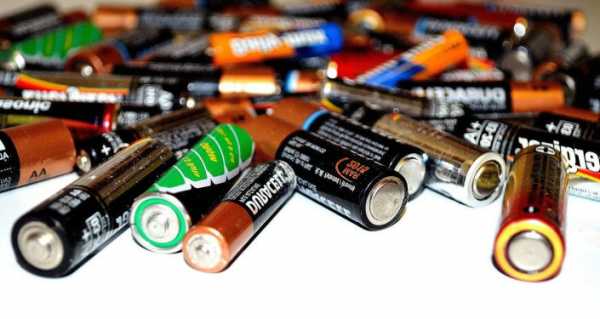
The scientists of the National University of Science and Technology “MISIS” (NUST MISIS) as part of an international team of researchers managed to increase the capacity and extend the service life of lithium-ion batteries.
According to the researchers, they have synthesised a new nanomaterial that can replace low-efficiency graphite used in lithium-ion batteries today. The results of the research are published in the Journal of Alloys and Compounds.
Lithium-ion batteries are widely used for household appliances from smartphones to electric vehicles. The charge-discharge cycle in such batteries is provided by the movement of lithium ions between two electrodes – from a negatively charged anode to a positively charged cathode.
The scope of where lithium-ion batteries can be applied is constantly expanding, but at the same time, according to the scientists, their capacity is still limited by the properties of graphite – the main anode material. Scientists from NUST MISIS managed to obtain a new material for anodes that can provide a significant increase in capacity and extend battery life.
The synthesis of the final material happens via a one-step process without intermediate stages because of the use of the spray-pyrolysis method. As the scientists explained, an aqueous solution with ions of special metals is converted into fog with the help of ultrasound, and then water evaporates at temperatures up to 1200°C with decomposition of the original metal salts. As a result, micron or submicron spheres with the porosity required to operate in a lithium-ion system are extracted.

Evgeny Kolesnikov
Electrochemical studies of the material synthesised by NUST MISIS specialists were carried out by the scientists from the Seoul National University of Science and Technology (Republic of Korea), the Norwegian University of Science and Technology (Norway), and the SRM Institute of Science and Technology (India).
The research team intends to continue research for new, even more efficient compositions of battery electrodes.
Sourse: sputniknews.com






